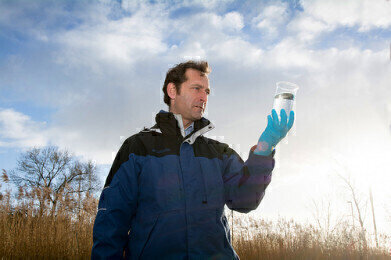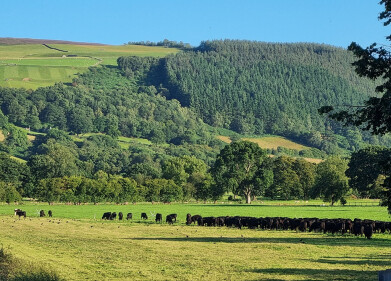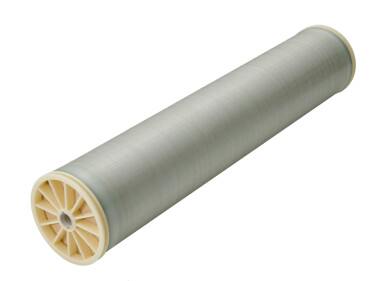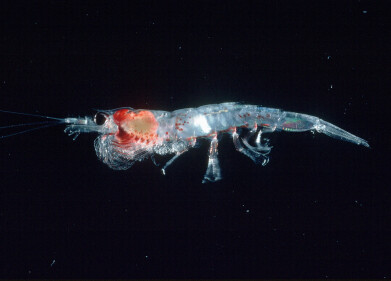-
 Professor Darren Reynolds
Professor Darren Reynolds
Water/Wastewater
One Step Closer to Solving Global Water Crisis
Jan 20 2014
Researchers at UWE Bristol have developed a portable and mobile water treatment system capable of delivering clean drinking water at source. The system has been developed for use in remote or undeveloped areas of the world to provide clean water for disaster relief and humanitarian emergencies. Such technology could help transform the lives of people who currently have no access to clean drinking water.
A modest garden shed located next to a pond located on the main University campus is the focus for the research. The research team have pumped water from the pond directly into a treatment system which uses a novel disinfectant and a state-of-the-art membrane filtration system. From this, potable water that meets drinking water standards from source, can be produced in a matter of minutes.
In conventional drinking water treatment systems chlorine is used for disinfection. Unfortunately chlorine is known to corrode the membrane material that is used for filtration of the water making the long-term deployment of portable treatment systems in remote areas very difficult. This system incorporates a novel disinfectant that has been developed at UWE Bristol, along with UK industry partners Bridge Biotechnology Ltd that does not have a corrosive impact on components over time but still kills any bacteria that may be present in the water.
Professor Darren Reynolds who is leading the research team said, “I am perfectly happy drinking this water. Our system has the potential to benefit millions of people living in areas where safe water is currently unavailable. As populations continue to grow, and essential natural resources critical to survival become scarce in some areas of the world, we will become dependent upon novel technological solutions.
“The first stage of our project has resulted in the capacity to produce two cubic metres of drinking water in a 12 day period. This may not seem like a huge amount, but put into context, humans need a minimum of two litres of drinking water a day which is less than one cubic metre a year. Key to this project is the novel biocide that we have developed that does not corrode like chlorine.”
The team have been working with industrial partners, Pentair; a global supplier of membranes for industrial applications, Portsmouth Aviation; a UK based engineering manufacturing company and Bridge Biotechnology Ltd who provide the technology for biocide production. The system being developed by UWE Bristol is currently being fitted into standard 20ft transport containers making each unit easy to transport by road, ship or train. Already project partners Portsmouth Aviation have attracted orders of over £1.5 million from Eastern Europe.
Professor Reynolds continues, “Clean drinking water is obviously essential to life and we know there are many areas of the undeveloped world where people are still drinking water that is contaminated with disease or by thoughtless industrial practice that cause death and misery.
“There are also places that are affected because there is not a proper infrastructure in place. Equally disasters, environmental and otherwise impact on access to clean drinking water. Although most of the world’s surface is covered with water only 3% is fresh water and of that almost 2% is locked up in the polar ice caps so we need every drop.
“The challenge of bringing clean drinking water to all parts of the globe is an urgent problem that scientists, technologists and environmentalists are working towards resolving.
“Our treatment system has been designed with all these factors in mind, it is also relatively low cost, crucially mobile, portable and capable of taking dirty water at source and filtering it in situ in a matter of minutes. Our novel biocide cleans the water but without the corrosive downside of chlorination. With our system it is possible for a drinking water treatment plant to be taken anywhere in the world that is reachable by road, sea or air. Our aim is to manufacture portable systems that can produce two cubic meters of drinking water every hour. This could make a huge difference to the everyday lives of people in remote areas and potentially during environmental disasters.”
Events
Carrefour des Gestions Locales de L'eau
Jan 22 2025 Rennes, France
Jan 29 2025 Tokyo, Japan
Feb 05 2025 Nantes, France
Feb 16 2025 Kampala, Uganda
Feb 26 2025 Chennai, India



-as-feedstock.jpg)





